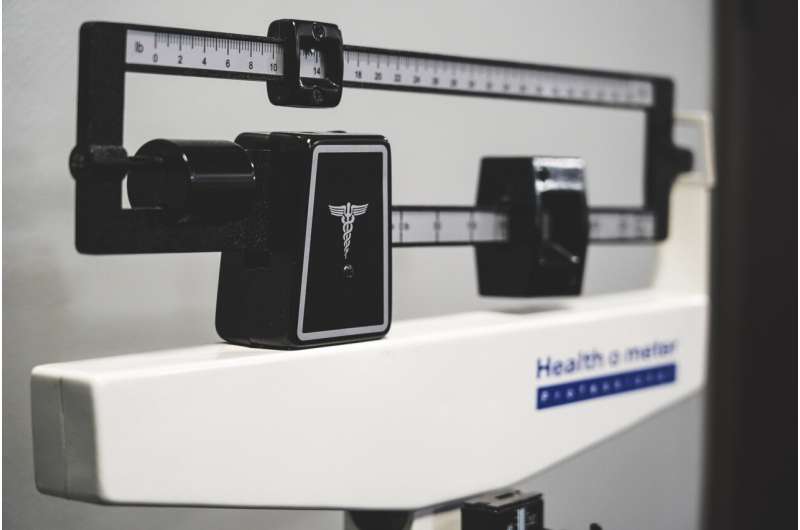Reevaluating Surgical Necessity for Certain Breast Lesions Based on Recent Research

Recent research suggests that surgical removal of certain benign breast lesions may be unnecessary, favoring monitoring approaches to avoid invasive procedures without compromising patient safety.
Recent findings from researchers at King's College London suggest that surgical removal may not always be necessary for specific types of benign breast lesions detected during routine screening. Traditionally, women diagnosed with radial scars, complex sclerosing lesions (RS/CSL), or papillary lesions—when these do not exhibit abnormal cellular features—undergo procedures like vacuum-assisted excision (VAE) for further testing. However, the new evidence indicates that many of these cases could be managed safely through careful monitoring with regular mammographic surveillance, thereby avoiding invasive procedures.
The study, published in Histopathology, analyzed outcomes from cases between 2017 and 2023 at King's College Hospital. It was found that only 1% of women with RS/CSL and 4% with papillary lesions without atypia were subsequently diagnosed with cancer at the biopsy site. These low rates suggest a significant opportunity to reduce unnecessary surgeries, especially for RS/CSL, by adopting a non-invasive observation approach.
Dr. Kalnisha Naidoo, senior author and adjunct senior lecturer, emphasized that these results could lead to less invasive care models for a subset of patients, which would improve overall treatment experiences and resource utilization. She further noted that although the findings are promising for RS/CSL, more research is needed to understand the risks associated with papillary lesions, which appear to carry a higher potential for malignancy even without atypia.
The study highlights the importance of uniform reporting standards across the NHS Breast Screening Programme, as current variations hinder the development of consistent guidelines. Dr. Amy Llewellyn, a histopathology registrar involved in the study, advocates for evidence-based guidelines that could help reduce unnecessary excisions and improve patient outcomes.
While these findings pave the way for more conservative management strategies, clinicians are encouraged to consider individual patient factors and stay updated with ongoing research to balance cancer detection with minimizing overtreatment.
Stay Updated with Mia's Feed
Get the latest health & wellness insights delivered straight to your inbox.
Related Articles
High-Volume Exercise Linked to Increased Coronary Artery Calcification Scores
High-volume endurance exercise may increase the risk of coronary artery calcification in male athletes, highlighting the importance of tailored fitness strategies. Learn more about recent findings on exercise volume and heart health.
'Molecular Beacon' Innovation Enables Real-Time Measurement of Immune Cell Activity
A groundbreaking luminescent probe named GLed enables real-time and highly precise measurement of immune cell activity, promising to enhance personalized treatments in immunology and transplant medicine.
New Program Supports Women with Obesity Planning Pregnancy
Northwestern Medicine's PEARL program offers personalized preconception care for women with obesity, focusing on healthy lifestyle management to improve pregnancy outcomes and maternal health.
Impact of Body Cooling and Mental Fatigue on Endurance Performance: New Research Findings
New study reveals how cold exposure combined with mental fatigue can impair endurance performance, highlighting the role of stress response systems and individual variability. Discover strategies to optimize athletic output in cold environments.



